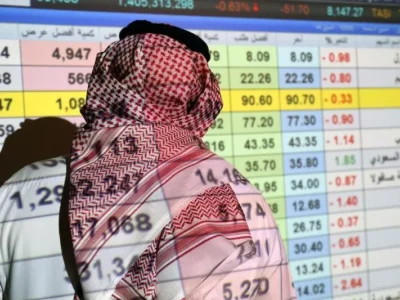
Riyadh, May 28, 2025 — Digital point-of-sale (POS) transactions in Saudi Arabia dropped to $3.12 billion in the week ending May 24, reflecting a 5.5% week-on-week decline, according to the latest figures from the Saudi Central Bank (SAMA). The slowdown, while not dramatic, signals a potential recalibration in consumer behavior amid rising economic caution and seasonal fluctuations.
The contraction, analysts say, may stem from a confluence of factors: price sensitivity, economic uncertainty driven by oil market volatility, and a tapering of post-Ramadan spending. Though digital payments have become the default mode for millions of Saudis — spurred by Vision 2030’s cashless economy push — recent trends suggest a public that is growing more discerning with discretionary spending.
While most retail segments recorded declines, apparel sales stood out with a 2.1% rise, likely fueled by Eid clearance promotions and summer wardrobe transitions. In contrast, electronics, restaurant dining, and household goods experienced moderate pullbacks — areas typically sensitive to fluctuations in disposable income and inflationary pressure.
The dip comes amid broader concerns over economic sentiment. With Brent crude hovering below $80 per barrel and capital markets showing volatility, households may be adopting more conservative financial behavior. “Consumers are adjusting,” said a Riyadh-based retail analyst. “They’re still spending, but with greater intentionality — prioritizing necessity over impulse.”
The country’s financial services sector, particularly fintech startups and traditional banks, is now closely watching these developments. Many have already begun retooling digital payment strategies, exploring AI-driven loyalty programs, spending analytics, and targeted promotions to reignite consumer engagement.
Despite the short-term cooling, long-term digital adoption remains intact. Saudi Arabia’s POS transaction volumes are still significantly higher year-on-year, underlining the structural shift toward electronic payments. The Kingdom’s drive toward a 70% cashless society by 2030 continues to enjoy broad public support, underpinned by improvements in mobile banking, payment terminals, and e-commerce infrastructure.
What remains to be seen is how resilient this digital ecosystem will be amid shifting economic winds. If consumer caution lingers — and oil prices stay under pressure — digital transaction growth may enter a more measured phase, defined by value-driven purchasing rather than rapid volume expansion.














